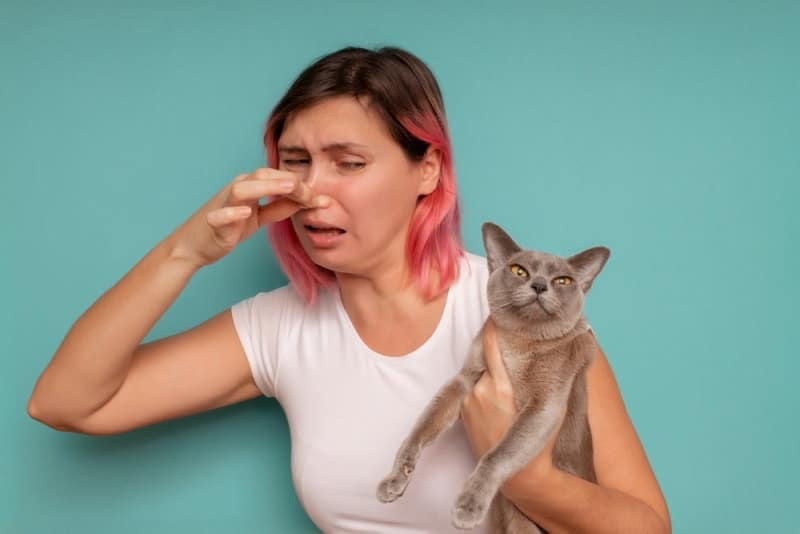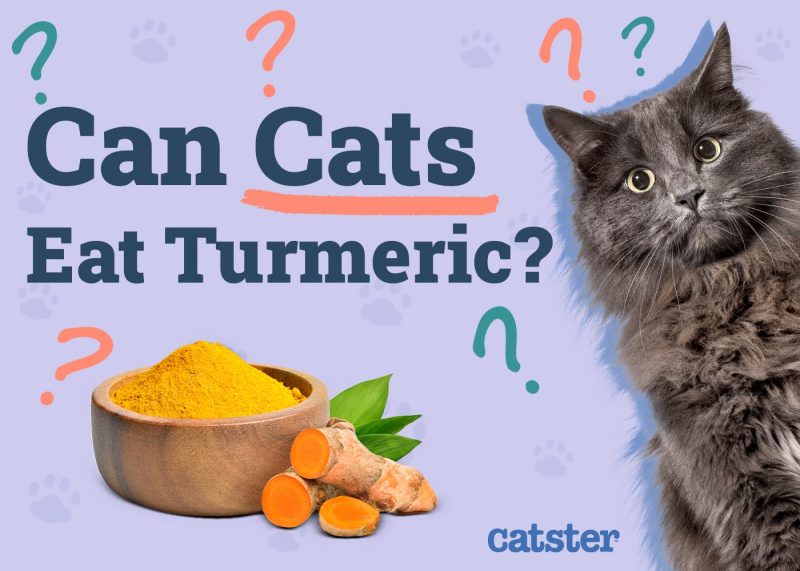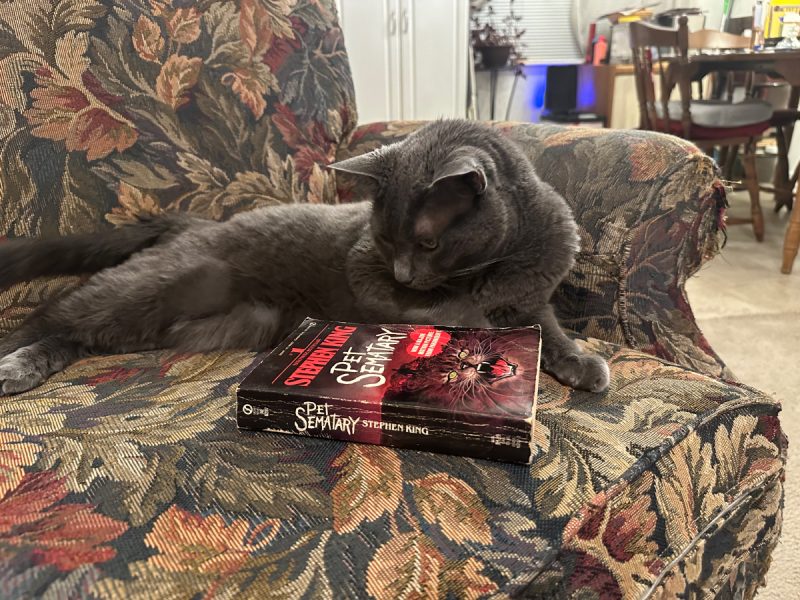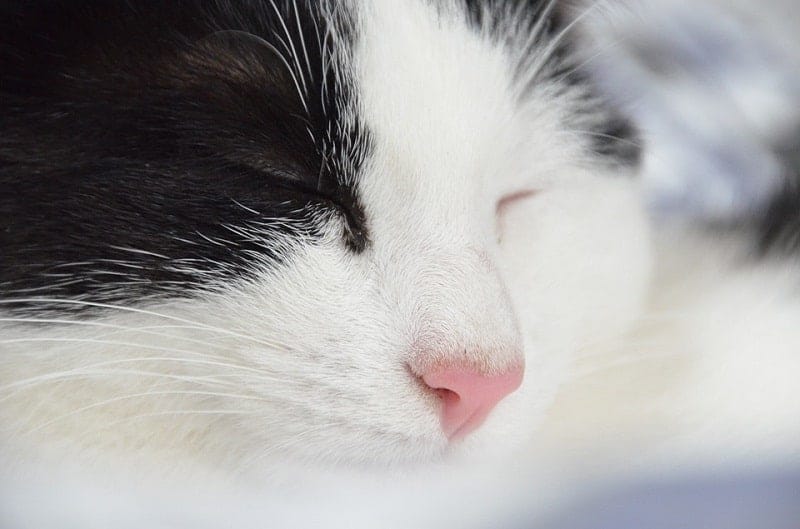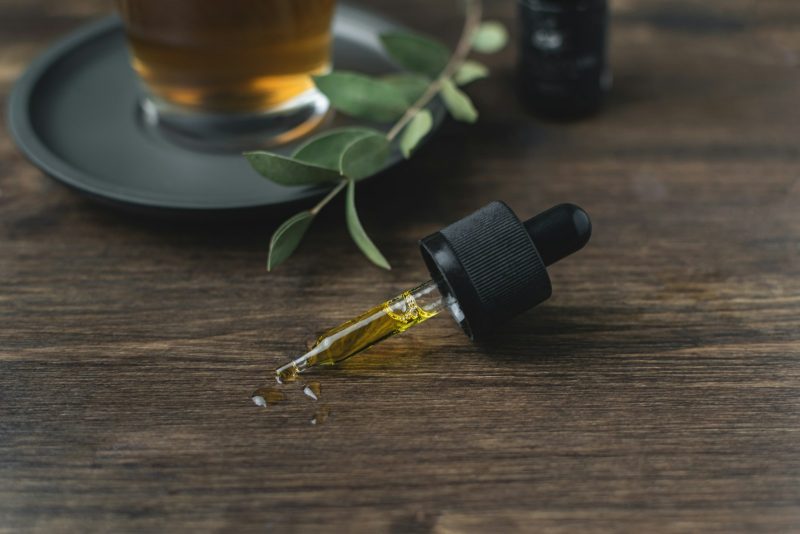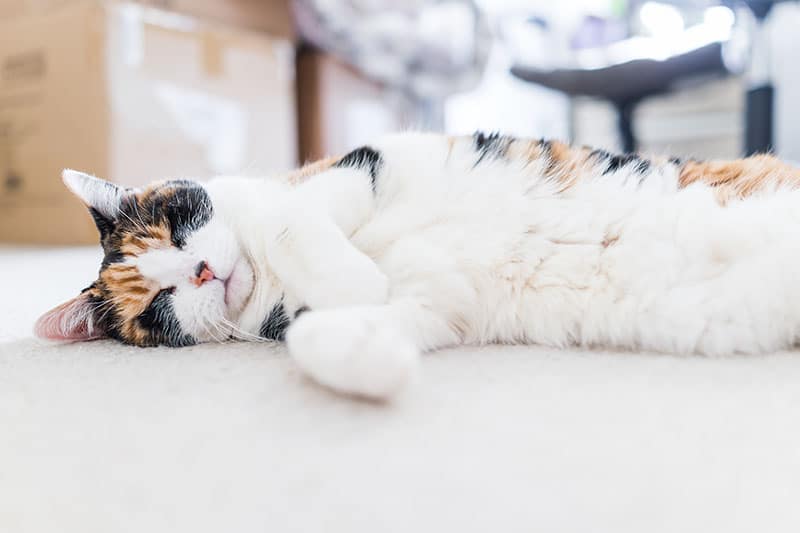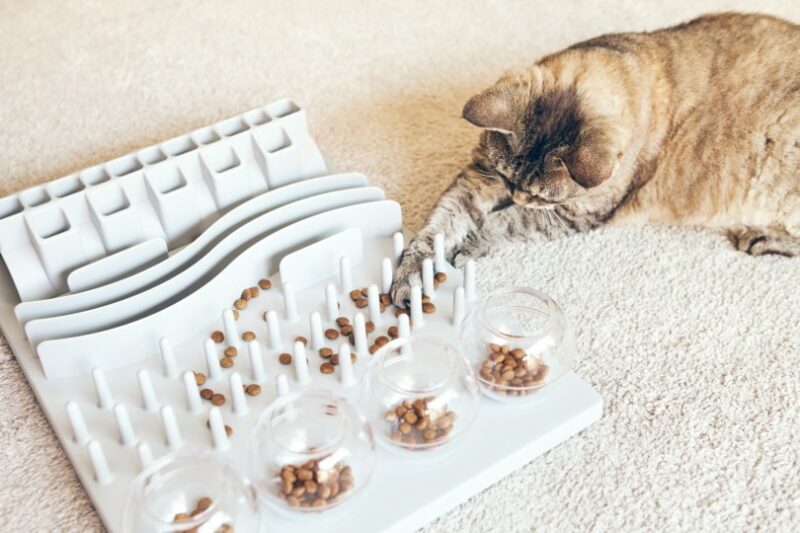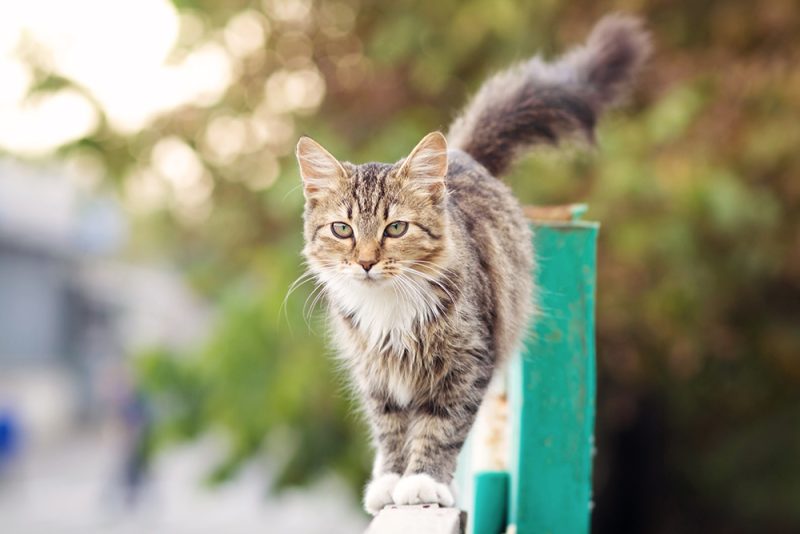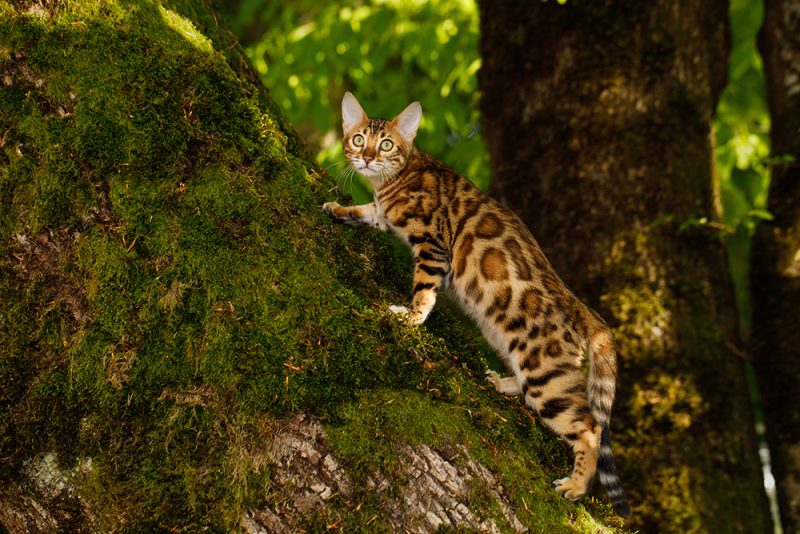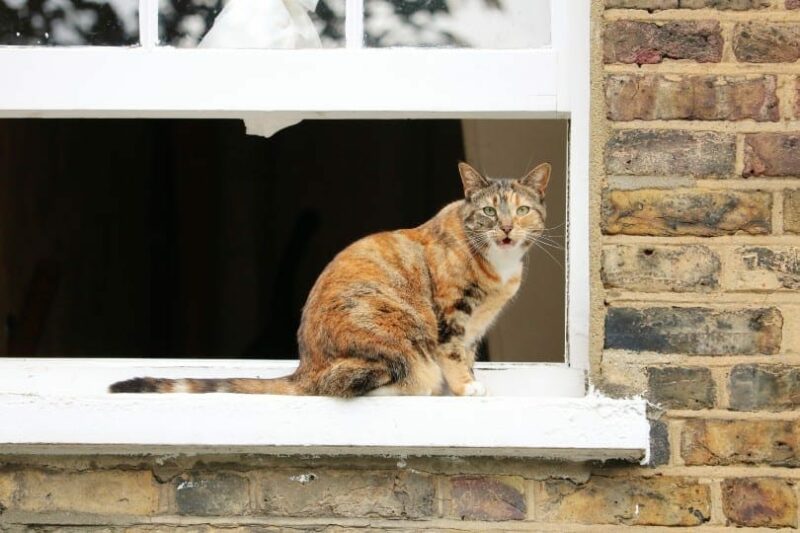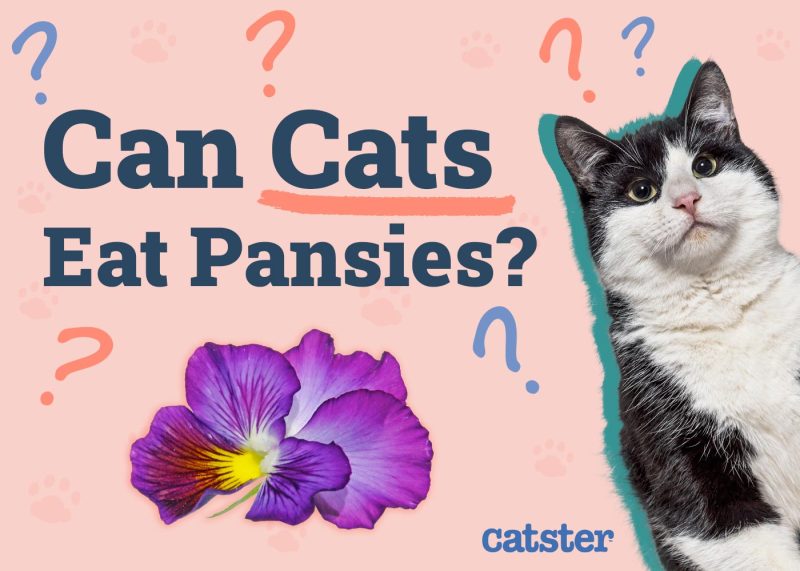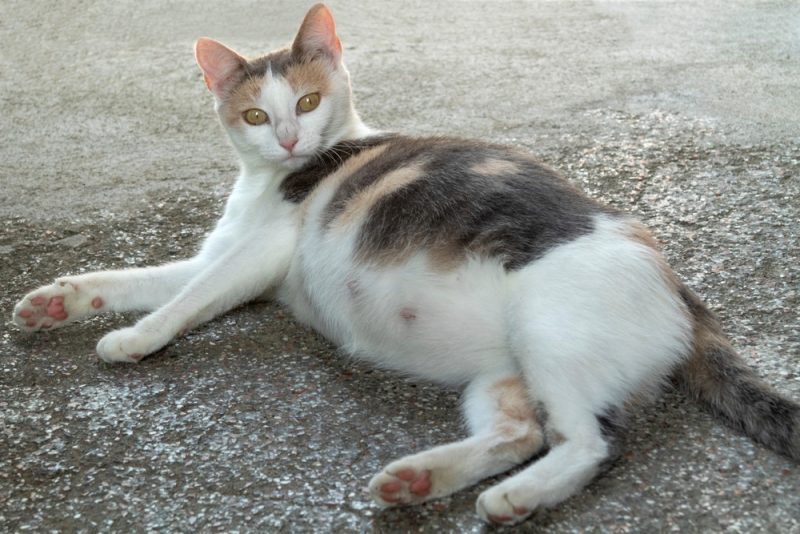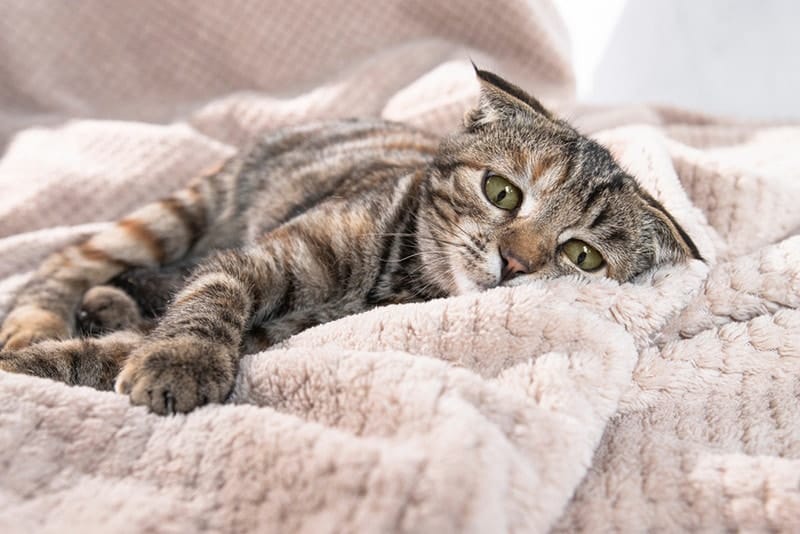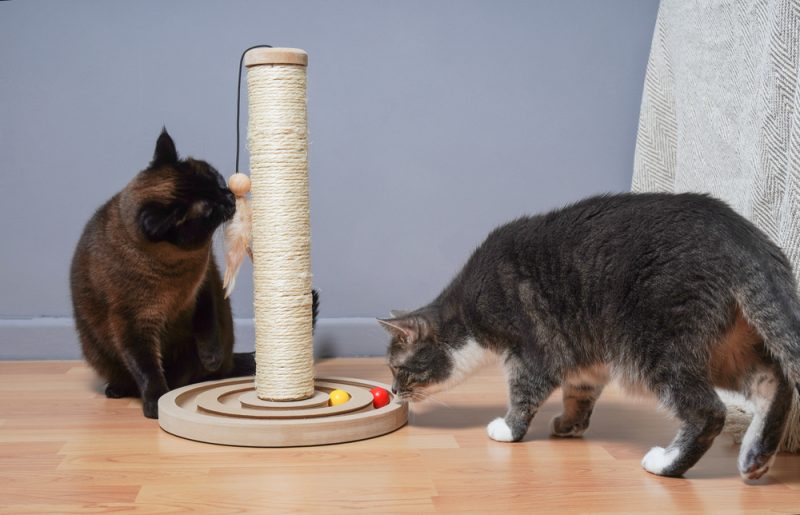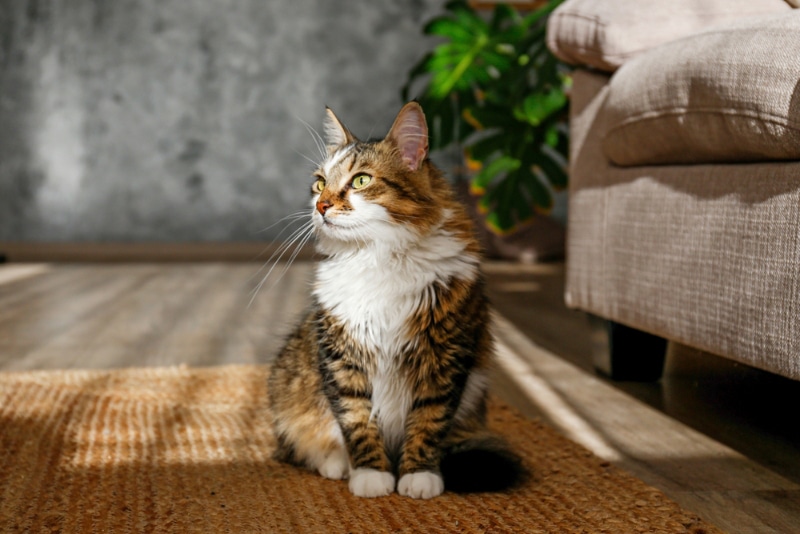If your cat’s breath seems to stink when you lift them up for a cuddle, there can be a few reasons. A healthy cat’s breath shouldn’t smell unpleasant, so if you find yourself wincing when you smell your cat’s breath, it’s time to do something about it!
In this article, we’ll discuss why cats develop bad breath or halitosis.

The 9 Possible Reasons for Bad Breath in Cats
1. Dental Disease
One of the most common reasons for bad breath in cats is dental disease or periodontal disease. You may see a build-up of plaque and tartar on your cat’s teeth, which can eventually lead to red and receding gums. Certain breeds, including the Burmese, Maine Coon, Siamese, and Persian, are more likely to suffer from dental disease.
- Solution: Your cat may need a dental procedure to clean their teeth, as well as medication to soothe the pain and control the infection. Brushing your cat’s teeth daily in the future can help reduce the chance of plaque and tartar building up again, and you can also buy supplements to add to their drinking water.
If you need to speak with a vet but can't get to one, head over to PangoVet. It's an online service where you can talk to a vet online and get the advice you need for your pet — all at an affordable price!

2. They Ate Something Stinky
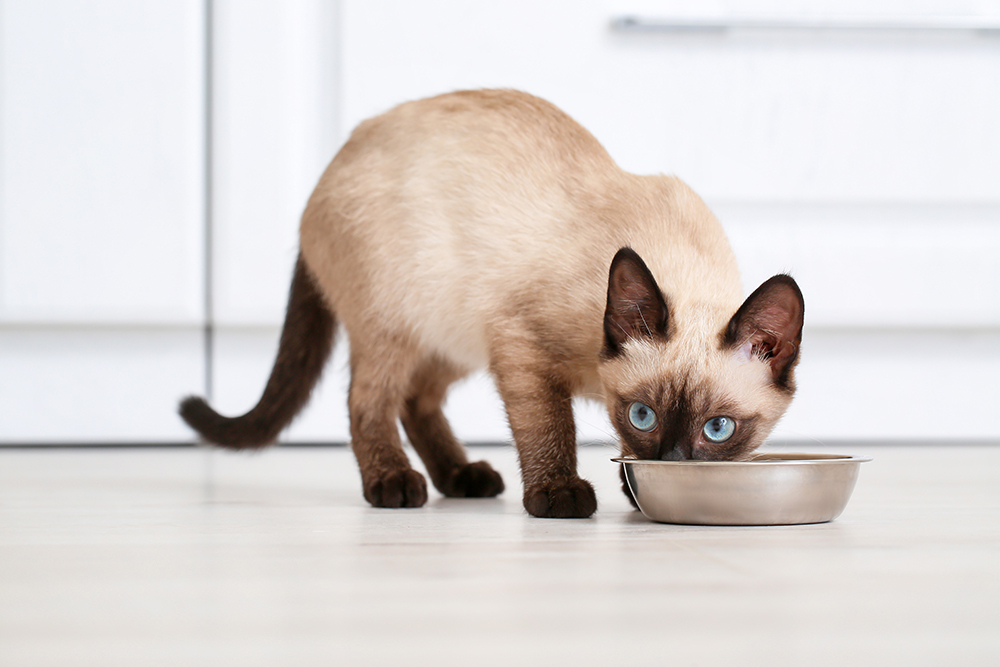
Image Credit: Pixel-Shot, Shutterstock
If your cat has eaten particularly stinky food, which probably tasted delicious to them, you can expect their breath to be a bit pungent for a couple of hours.
- Solution: Brush your cat’s teeth, give them a dental treat, or wait for the smell to pass after a few hours.
3. Oral Trauma
If your cat chewed on something that caused an injury inside their mouth, it may have become infected and started to smell. This may be the issue if you notice any chewed electrical cables recently. Kittens are particularly fond of chewing things they shouldn’t!
- Solution: Take your cat to your veterinarian and ask them to check the inside of your cat’s mouth for injuries. They may need to be sedated if there is an injury that requires cleaning and disinfection.
4. Diabetes
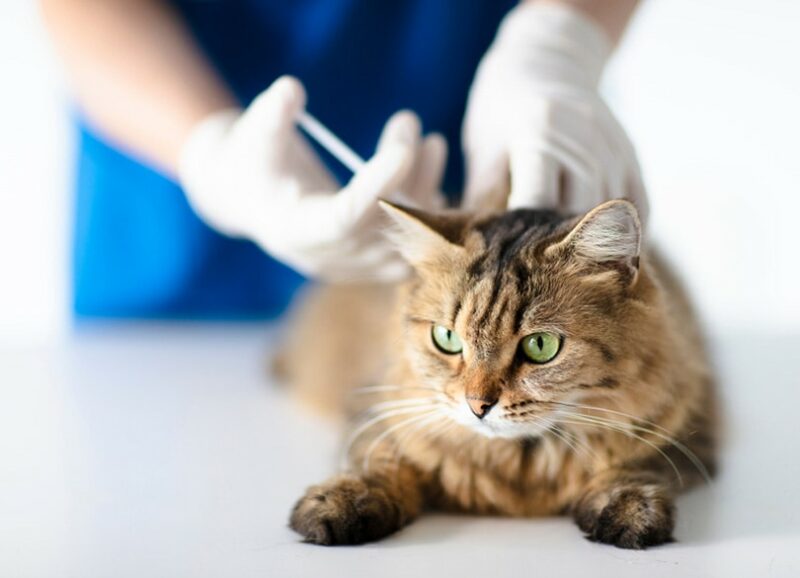
Bad breath that smells sweet can be an indication of feline diabetes. This will usually be accompanied by weight loss, excessive thirst, and excessive urination. Some cats that have had diabetes for a while may also suffer from damage to the nerves in their hind legs, resulting in a plantigrade stance. Burmese cats bred in Australia are at a higher risk of developing diabetes than most other cats.
- Solution: Your vet will test the concentration of glucose in your cat’s blood and urine. Diabetes can be treated using a range of therapies, including insulin injections and dietary management. Diabetic cats can usually go on to live long, healthy lives as long as their diabetes is managed correctly.
5. Airway Infections
Respiratory infections can cause bad breath. There is a wide range of possibilities, including laryngitis, bronchitis, and lung diseases associated with feline immunodeficiency virus.
- Solution: If you notice that your cat struggles to breathe normally and has bad breath, take them for an assessment with your vet. Cats are good at hiding any signs of distress, so bear in mind that you may not have noticed them having any breathing difficulties.
6. Gastrointestinal Issues
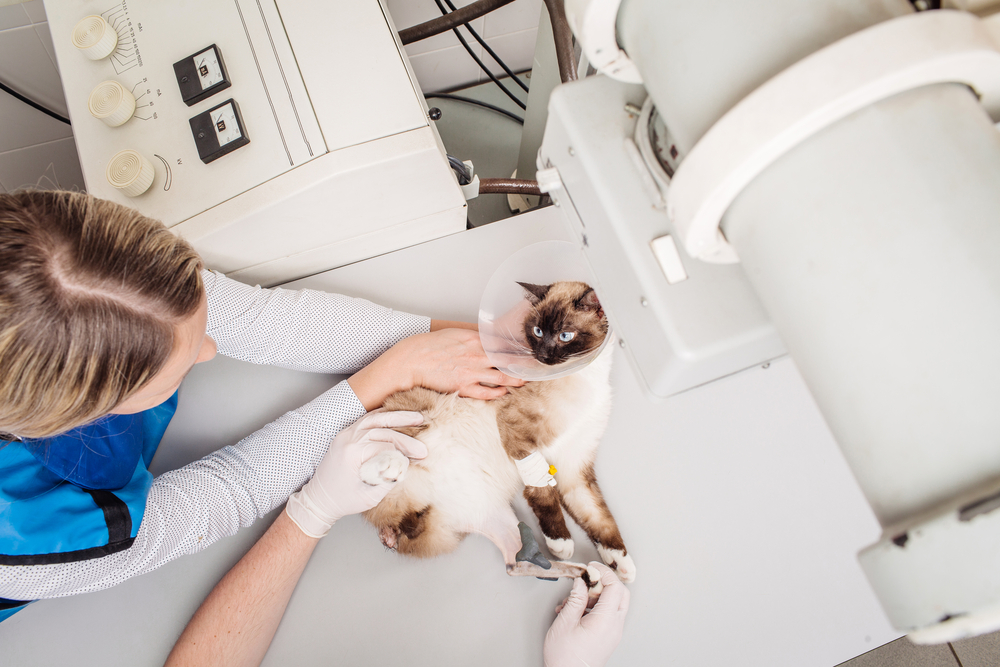
A blockage of the intestines can lead to vomiting, combined with breath that smells like poop. If you’re worried that your cat might have eaten something that could have blocked their intestines, like a toy or other non-food item, watch out for these symptoms.
- Solution: Gastrointestinal blockages are considered a medical emergency, so if your cat’s breath smells particularly bad and is combined with vomiting, take them to your vet immediately.
7. Liver Disease
Liver disease can cause vomiting and bad-smelling breath. This can be combined with the yellowing of your cat’s eyes and gums, loss of appetite, and a swollen abdomen.
- Solution: Your vet will carry out various diagnostic tests before reaching a diagnosis. They may need to conduct abdominal X-rays, bile acid analysis, a liver biopsy, or abdominal surgery. The prognosis for cats with liver disease is variable and unpredictable, but prompt treatment increases the chances of successful treatment.
8. Kidney Disease
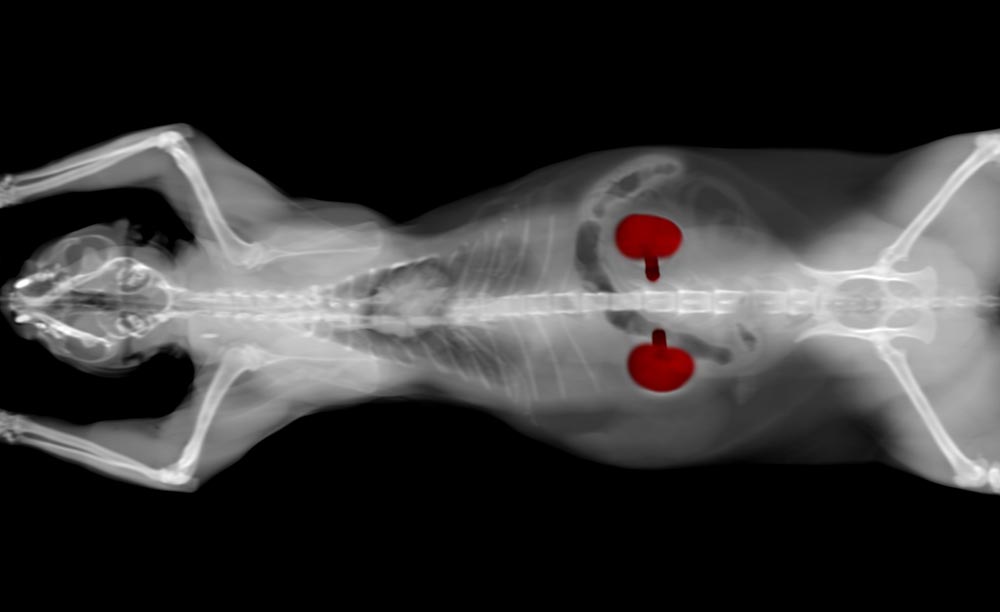
Chronic kidney disease can cause bad breath, which can have a smell similar to that of urine or ammonia. This is usually accompanied by symptoms like lethargy, extreme weight loss, and increased urination. Cats with kidney disease often drink more than usual, have pale gums, and look unkempt.
- Solution: Your vet will want to take samples of your cat’s blood and urine. There is no cure for kidney disease, but it can be treated with several strategies, including dietary changes, increasing hydration, and a variety of medications.
9. Cancer
Oral cancer can result in bad breath, blood in the saliva, and difficulty swallowing, with a decreased appetite as a result. Cats can suffer from several forms of oral cancer. Squamous cell carcinoma is the most common one in cats.
- Solution: The veterinarian will collect a series of samples, including a fine needle aspiration or biopsy. The treatment might include surgical resection, radiation therapy, or chemotherapy.
If you’re concerned about your cat’s health, you should consult a vet.
If you need to speak with a vet but can't get to one, head over to PangoVet. It's an online service where you can talk to a vet online and get the advice you need for your pet — all at an affordable price!

How to Treat Stinky Breath in Cats
The first and most important thing to do is to find out the reason for your cat’s bad breath. If this is down to a medical condition, then follow your vet’s advice for ongoing treatment.
If, like many other cats, your feline friend has a dental disease, you can help prevent it from reoccurring in the future by brushing their teeth regularly. This might seem like a difficult task, but many cats will tolerate this just fine once they have gotten used to it.
Start by allowing your cat to lick a small amount of cat-specific toothpaste off your finger. These toothpastes come in a variety of flavors designed to appeal to cats.
Once your cat is comfortable with this stage, you can start to gently touch your cat’s teeth with their toothbrush, rewarding them with a treat regularly.
As they become comfortable with this, you should be able to start brushing your cat’s teeth for very short periods of time. Gradually increase the time that you brush their teeth until you can brush all their teeth.
Brushing your cat’s teeth every day is the gold standard, but aim for at least a couple of times per week, and remember that every brushing session will help!
You can also use water supplements and dental treats to help clean plaque from your cat’s teeth.

Wrapping it up
Stinky breath in cats is often caused by dental disease, but it can also be caused by more serious problems, including liver disease and mouth cancer. Whatever the cause, prompt veterinary attention will help you work out the best way to help your cat.
Plus, clean teeth make for fresh breath, meaning snuggles with your cat will be even better than before!
Featured Image Credit: Stanislaw Mikulski. Shutterstock
